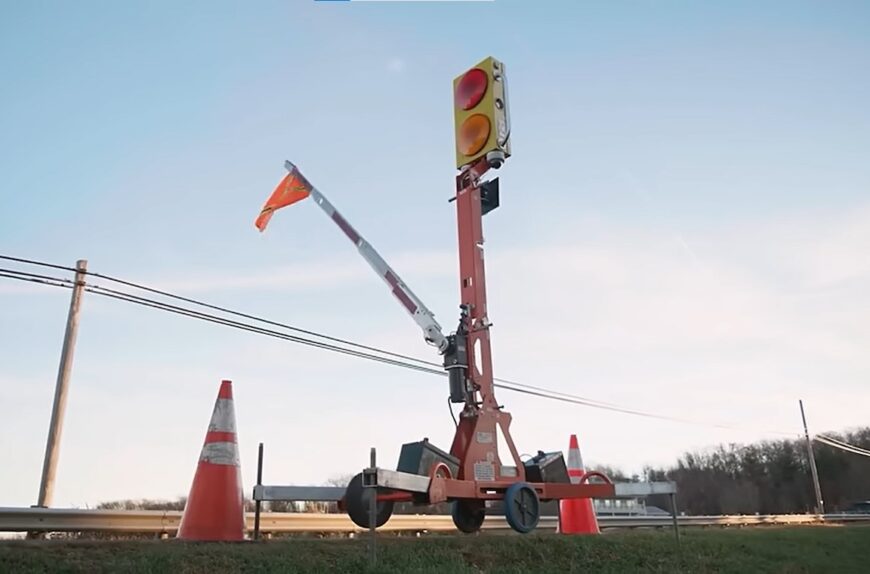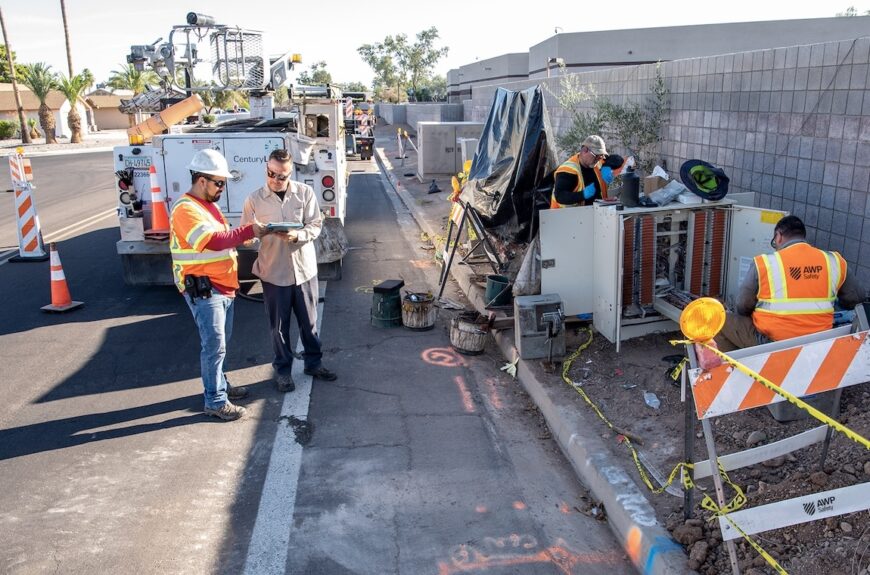
Broadband Companies Shifting Views of Traffic Control
With 80% of Americans saying that they already subscribe to broadband at home, the race to capture the other 20% is on for U.S. broadband providers. Speed is crucial because the first provider into a community usually wins (and keeps) the most business.

Q: Daniel, you’ve worked in the broadband industry for 20+ years. What do you think are the most common challenges broadband companies have in building and maintaining their infrastructure?
Communication, speed and efficiency are often the biggest challenges, regardless of a company’s size or role in the broadband space.
Q: How are these challenges amplified with the current trends of speed and volume in today’s broadband projects?
There are currently more than 70 broadband funding opportunities available from multiple U.S. government agencies, motivating many providers to expand access – especially in rural areas. Historically, whomever builds the infrastructure and markets its broadband services first is going to be the winner in that market. This demand for speed trickles down to all aspects of the project, from ordering fiber cable early enough so it’s delivered in time for installation, to making sure work and traffic control permits are secured.
The current scale of broadband work means we’re seeing a trend of greater complexity. Companies have more subcontractor crews that need managed. They have more worksites than usual, which often span several municipalities or states with different regulations. It’s a recipe for confusion unless a lot of planning takes place up front.
Q: Can traffic control planning improve a broadband provider’s speed to market?
Yes. Sometimes, traffic control is the last service a broadband company requests. But many are seeing the advantage of engaging a safety and traffic control expert much sooner. When traffic control plans and support are coordinated ahead of time, it accelerates the build schedule. For instance, it can take up to 70 days to get a traffic control permit in some areas. If the permit isn’t requested early enough, it will delay work.
When a safety expert has a seat at the decision-making table, it can also lead to greater productivity for the broadband customer. At AWP Safety, we often schedule what we call “jump crews” that work a step or two ahead of broadband crews so that they never have to wait. But to do that, we need to understand the project at a higher level so we can make the right recommendations to keep work running smoothly and efficiently.
Q: What about cost advantages? How can a more strategic approach to traffic control reduce a broadband company’s cost per mile?
The average cost of laying aerial or underground fiber optic cable can run up to $80,000 per mile. In addition to helping crews be more productive—which shortens cycle time on deploying capital and reduces the need for scheduling costly overtime— advanced traffic control planning helps us cover work using fewer traffic control crews. We can also strategically implement Smart Work Zone technology, like AFADs, for greater efficiency and lower traffic control costs.
Q: How do you think broadband companies will approach traffic control in the future?
Seeing is believing. As more companies see how a strategic safety and traffic control partner can save time and impact their top and bottom lines, the more they will engage those partners sooner. I like to use a grocery analogy. Today, many companies think of traffic control as an al a carte service as needed, like popping into the grocery store one day to get milk and another day to get eggs. But that approach isn’t efficient when you’re planning a Thanksgiving dinner. The same goes for major broadband expansions. Planning ahead means work will go faster and more safely, and there will be far fewer surprises.
AWP Safety supports long-term fiber projects and telecommunications upgrades. Learn more about the traffic control services AWP Safety provided for an open-access broadband project that delivered high-speed internet across Arizona.



